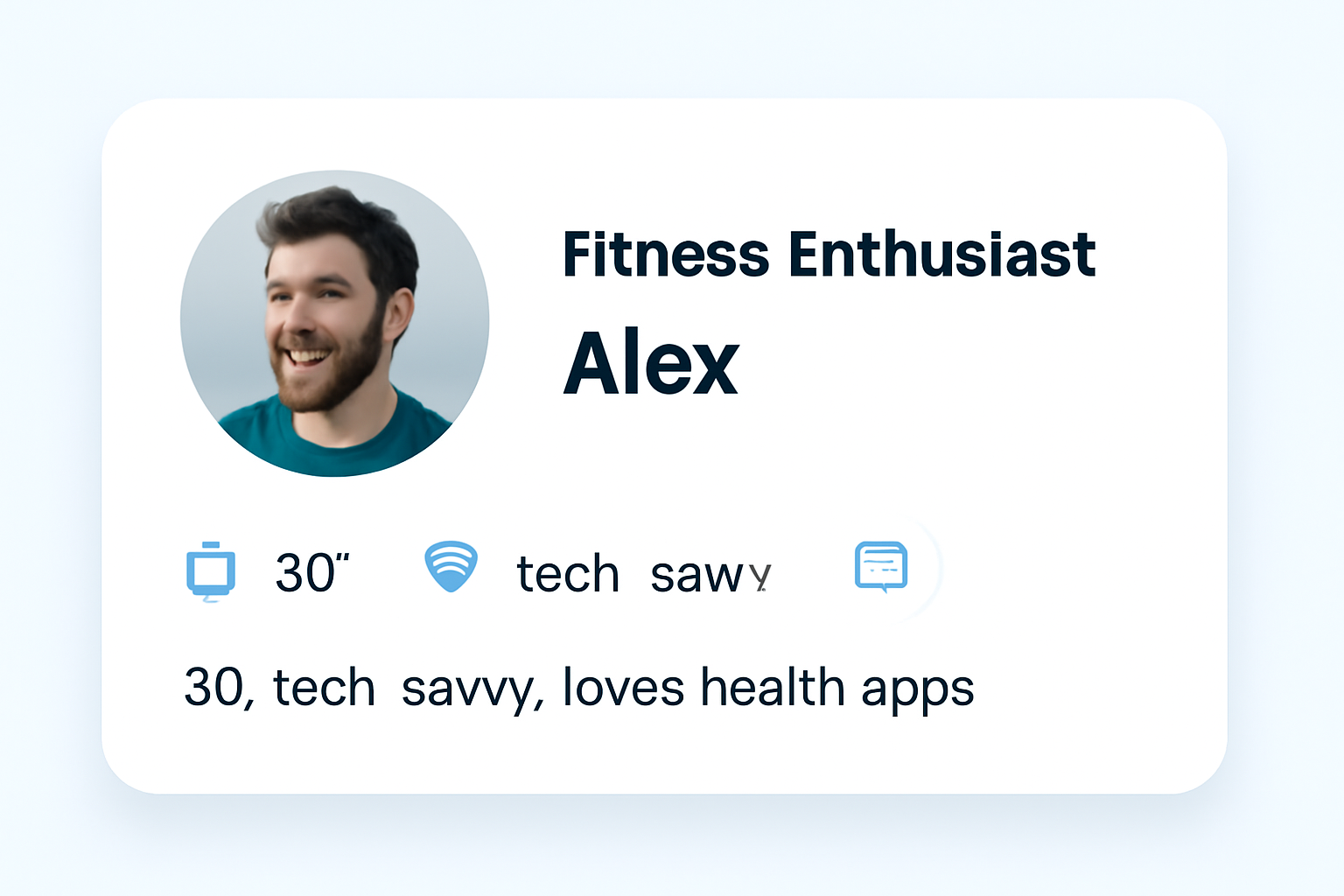Introduction
If you’re a business owner or run a marketing agency, you’ve probably heard the term target audience before. But what does it really mean? Understanding your target audience helps you connect with the right people and generate the leads that matter. In this article, we’ll explain “what is target audience,” how it differs from a target market, how to define and find your audience, and even explore real-life examples. By the end, you’ll have simple, actionable steps for better lead generation and smarter marketing.
What Is Target Audience?
A target audience is the specific group of people most likely to be interested in your product, service, or message. It’s a smaller, focused portion of a broader group known as your target market.
- The Harvard Business School calls the target audience “the group of consumers most likely interested in your product or service.” Harvard Business School Online+1Marketing Evolution
- According to the American Marketing Association, it’s the specific group likely interested in what you offer—defined by traits like age, gender, income, or interests. American Marketing Association
- Sprout Social also explains that very few companies can aim at “everyone”; instead, they must choose a group that benefits most from the product. Reddit+11Sprout Social+11Salesforce+11
In plain terms: your target audience is simply the right people your business wants to reach—people who are most likely to engage, buy, or take action.

Read more : What Is a Marketing Strategy?
Who Is the Target Audience? (How to Identify)
As a business owner or marketing professional, here’s how to find your target audience in five easy steps:
- Use Demographics
Look at age, gender, income, location, education—basic but powerful data. Nextdoor Business+3Marketing Evolution+3SocialPilot+3Investopedia - Add Psychographics
Go deeper—consider interests, values, lifestyles, opinions. Known as psychographics, this helps you understand why people buy. InvestopediaWikipedia - Segment Your Market
Break your broader market into small groups with similar traits. This helps create focused messages. American Marketing Association+15Nextdoor Business+15Salesforce+15 - Build Buyer Personas
Create fictional profiles like “Tom the Busy Mom” or “Alex the Fitness Buff.” This guides your marketing agency or team to speak directly to real needs. SocialPilot+2Engage2Engage+2 - Look at Real Customers
Survey your current customers or use analytics to see who actually buys or engages with your business. Wikipedia+3Investopedia+3Adobe+3
Target Audience vs. Target Market
These two terms are often confused—but they’re not the same:
- Target Market: Your broader group of potential buyers—who you’re aiming to serve in general. Reddit+1Wikipedia+15Indeed+15Audiense Resources+15
- Target Audience: A narrower section within that market for a specific campaign or message. SocialPilot+3Nextdoor Business+3Audiense Resources+3
For example, a running shoe store’s target market may be “all runners,” while a target audience for a marathon ad might be “experienced marathoners aged 25–40 who train weekly.”
Clearly, as a marketing agency or business owner, your lead generation campaigns should target the audience—not the entire market.
Read more : Benefits of Digital Marketing
Why Understanding Target Audience Matters?
1. Cuts Wasted Ad Spend
Ads shown to the wrong people are wasted money. Research estimates $37 billion is wasted every year on ads that don’t engage the right people. Marketing Evolution
2. Boosts Marketing ROI
Tailored messages to well-defined audiences improve engagement and conversions.
3. Builds Connection and Trust
When messaging speaks directly to your target personas’ needs, they’re more likely to respond.
4. Sharpens Campaign Focus
Whether you’re a business owner or marketing agency, targeting the right audience drives effective strategy and better lead generation results.

Read more : Influencer Marketing in 2025: Why Authenticity Matters?
Examples of Target Audiences (Real-World)
Here are a few simplified examples:
- Lego:
- Target Market: Creative toy buyers.
- Target Audience: Parents (decision-makers) of children who like hands-on learning. SocialPilot
- Target Market: Creative toy buyers.
- McDonald’s Happy Meal:
- Target Market: Families.
- Target Audience: Parents looking for quick, kid-friendly meals, with kids as supportive influencers. Investopedia
- Target Market: Families.
- Maternity Jeans Event:
A marketing campaign focused narrowly on mothers in New Jersey, not all pregnant women nationwide. Engage2Engage
These show how important it is to think about who actually hears and acts on marketing—not just who could.
How to Target Your Audience (Step-by-Step)
If you’re a business owner or marketing agency, follow these steps to target the right people:
- Define Personas: Who specifically needs your product?
- Segment by Traits: Combine demographics, psychographics, behaviors, and place.
- Choose Channels:
- Younger audiences: social media like TikTok, Instagram.
- Older or local audiences: radio, print, local events. InvestopediaSocialPilot
- Younger audiences: social media like TikTok, Instagram.
- Craft Tailored Messages: Speak their language, address their pain points directly.
- Test & Optimize: Run small campaigns, gather feedback or data, and refine. AdobeMarketing Evolution
Read more : Using AI, Measurement, and Sustainability for Marketing in 2025

For Business Owners and Marketing Agencies: Lead Generation Focus
As a Business Owner
- You need leads that convert. Pinpointing who truly needs what you offer improves your ROI.
- Avoid casting too wide a net—focus on those most likely to buy.
As a Marketing Agency
- Your clients look to you for results. Start with defining clear personas.
- Use audience data to place ads smartly and report performance based on how well you’re hitting those key groups.
Talk about who’s likely to buy—not just reach a lot of people.

FAQs (Helpful for Snippets & SEO)
Q: What’s the difference between target audience and buyer persona?
A: The target audience is a real group. A buyer persona is a fictional profile created to represent that audience for clearer marketing focus.
Q: How detailed should my target audience be?
A: The goal: be clear enough so your message fits them perfectly—without being too narrow. Age, location, interests, and motivations are good starting points.
Q: Can one business have multiple target audiences?
A: Absolutely. Each product, campaign, or message may appeal to a different group.
Q: Why can’t I target everyone?
A: Trying to talk to everyone often leads to messaging that connects with no one. Specific communication resonates better and brings better results. libguides.snhu.edu+15Sprout Social+15Salesforce+15Wikipedia
Conclusion
Understanding what the target audience is vital for lead generation and marketing success—whether you’re a business owner or a marketing agency. By focusing on a clear, well-defined audience and crafting targeted messaging, you’ll:
- Save ad spend
- Improve engagement
- Generate more qualified leads
- Build meaningful connections
Remember: the broader concept (target market) guides your overall strategy. But that narrow group (target audience) drives real results.
Ready to act? Start today: pick one key campaign, define the perfect audience persona, and craft your message just for them. You’ll be amazed at how much more effective your marketing becomes.
We are a Digital Marketing Agency , From SEO to performance marketing, we deliver results that boost visibility, leads, and ROI.

